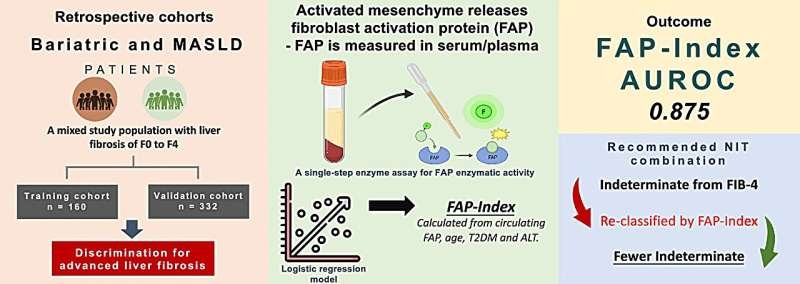Simple Blood Test Predicts Who Will Become Obese
By LabMedica International staff writers
Posted on 11 Nov 2008
Scientists have found that the degree of change in blood triglyceride levels following a fatty meal may indicate susceptibility to diet-induced obesity. This could lead to new methods of identifying people, including children, who are at risk for becoming obese.Posted on 11 Nov 2008
The global obesity epidemic is thought to be caused in part by consumption of a diet high in fat and carbohydrates, which promotes weight gain. This propensity to gain weight and become obese when consuming a high-fat diet is at least partially controlled by genes, with some individuals gaining more than others while eating the same diet.
In a study published in the October 2008 International Journal of Obesity,
Mark Friedman, Ph.D., a behavioral physiologist at Monell (Philadelphia, PA, USA) and lead author Hong Ji, Ph.D., screened rats for vulnerability to diet-induced obesity by measuring the increase in blood triglyceride levels following a single high-fat meal. They then fed the rats a diet high in fat over the next four weeks.
The scientists were able to predict which animals would become obese over the four-week period by examining the earlier metabolic response to the high-fat meal: the smaller the triglyceride change, the greater the gain in weight. "These findings suggest we may someday be able to use a simple blood test to identify those at risk for obesity,” said senior author Mark Friedman. "The ability to identify more susceptible individuals would make it possible to target obesity-prevention resources on those who need them most.” Dr. Friedman hopes to determine whether such a blood test is predictive of future weight gain in humans.
Monell is a leading center in the United States focused on understanding the senses of smell and taste. Using a multidisciplinary approach, Monell scientists collaborate in the areas of: sensation and perception, neuroscience and molecular biology, environmental, and occupational health, nutrition and appetite, health and well being, and chemical ecology and communication.
Related Links:
Monell














